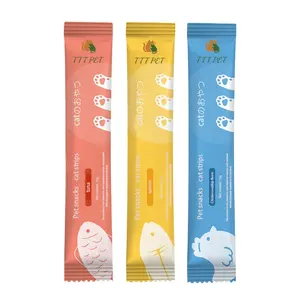Understanding Monkey Food: An Overview
Monkey food encompasses a diverse range of products tailored to meet the nutritional needs of various primate species. This category includes specially formulated diets that cater to the unique dietary requirements of primates, ensuring their health and well-being in various settings.
Types of Monkey Food
The variety of monkey food available reflects the diverse dietary habits of primates. Monkey meats are a source of protein for some species, while others may prefer monkey nuts for birds, highlighting the versatility of these foods. Sea monkey eggs and food products cater to aquatic pets, providing a balanced diet for these unique creatures. For those managing the diets of specific species, marmoset food and spider monkey food are tailored to meet the nutritional profiles required by these animals.
Applications and Benefits
Monkey food products serve a critical role in the maintenance of primate health in captivity. Diets such as the marmoset diet and squirrel monkey diet are designed to mimic the nutritional content of what these animals would consume in the wild, supporting their physiological and psychological health. The inclusion of monkey food web components ensures a comprehensive approach to primate nutrition, addressing the complex interplay of various food sources.
Features and Materials
The composition of monkey food is carefully considered to align with natural dietary patterns. Ingredients may include a mix of fruits, nuts, and proteins, with some diets being supplemented with sugar monkey treats for positive reinforcement and training purposes. Sea monkeys food, on the other hand, is often formulated in granular or pellet form to facilitate easy consumption and digestion for aquatic species.
Choosing the Right Monkey Food
Selecting the appropriate monkey food requires an understanding of the species-specific needs. For instance, the pygmy marmoset diet differs significantly from the squirrel monkey nuts preference, underscoring the importance of species-specific research when choosing products. Buyers should consider the age, health status, and natural preferences of the primates in their care when making selections.
Environmental and Ethical Considerations
In addition to nutritional value, ethical and environmental considerations are increasingly important in the production and selection of monkey food. Sustainable sourcing and ethical treatment of animals in the production of monkey meats are factors that responsible buyers may consider. The goal is to support the well-being of primates while also being mindful of broader ecological impacts.



























 浙公网安备 33010002000092号
浙公网安备 33010002000092号 浙B2-20120091-4
浙B2-20120091-4